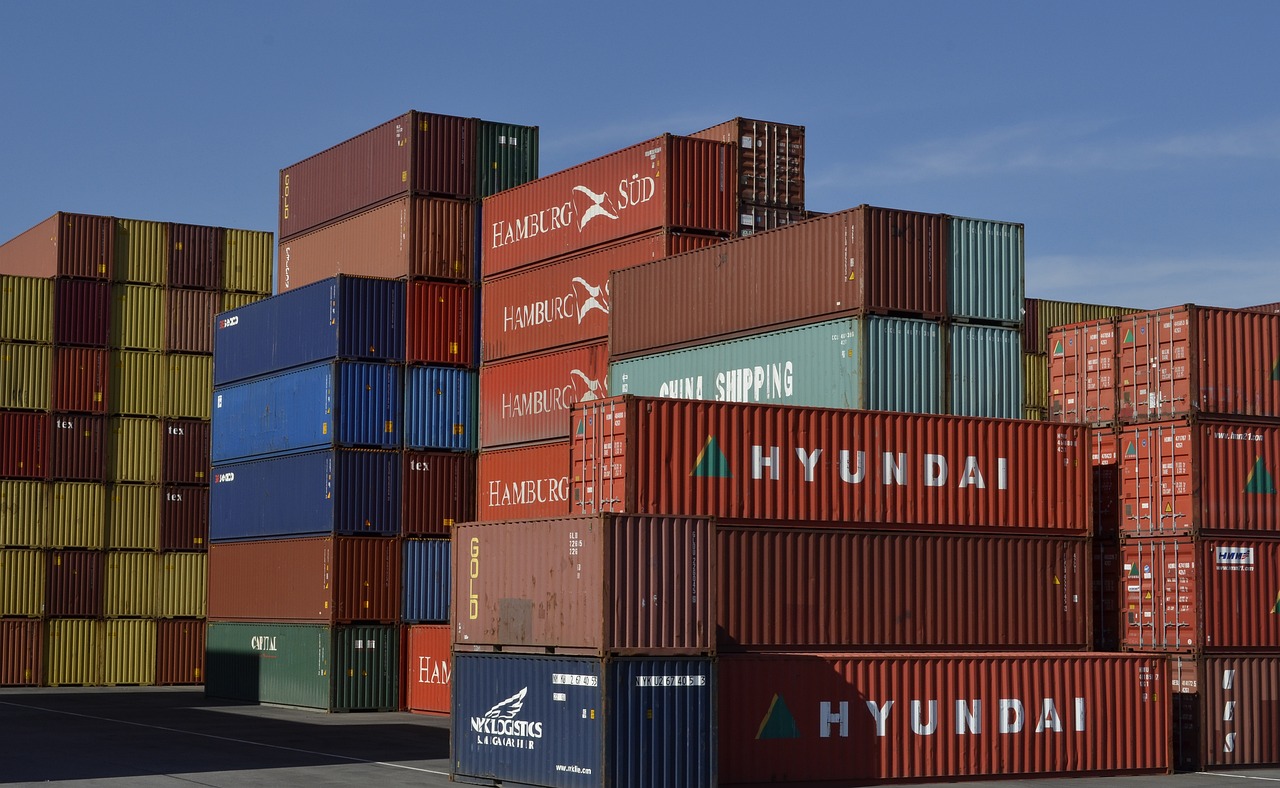Packaging plays a pivotal role in the logistics industry, influencing everything from cost efficiency to customer satisfaction. In a world where globalization and e-commerce are on the rise, the importance of effective packaging cannot be overstated.
1. Protection and Safety: One of the primary functions of packaging is to safeguard products during transportation. Goods are subject to various risks during transit, including rough handling, exposure to the elements, and stacking in warehouses. Proper packaging, designed to withstand these challenges, ensures that products arrive at their destination intact and undamaged. This minimizes losses due to breakage or spoilage and reduces the need for costly insurance claims or returns.
2. Cost Efficiency: Well-designed packaging can significantly impact transportation costs. Efficient packaging solutions optimize cargo space, reducing the number of shipments required to move the same amount of goods. This not only lowers shipping expenses but also reduces the environmental footprint associated with transportation. Furthermore, standardized packaging dimensions can facilitate load optimization, leading to increased truck and container utilization.
3. Inventory Management: Effective packaging aids in inventory management by enabling easier tracking and handling of products. Barcode labels, QR codes, or RFID tags on packaging can streamline the identification and sorting process, enhancing supply chain visibility. This, in turn, improves inventory accuracy and reduces the risk of stockouts or overstock situations.
4. Brand Image and Customer Experience: Packaging serves as a tangible representation of a brand’s identity. Well-designed packaging not only protects the product but also communicates the brand’s values and quality. It can enhance the unboxing experience for customers, leaving a lasting impression and fostering loyalty. In the e-commerce era, where the first physical interaction with a product often occurs upon delivery, packaging is a powerful tool for customer retention.
5. Sustainability: As sustainability becomes an integral part of corporate responsibility, eco-friendly packaging solutions are gaining prominence. Logistics companies are increasingly adopting sustainable packaging materials and practices to reduce their environmental impact. These efforts not only align with societal expectations but also can lead to cost savings through reduced waste disposal and transportation emissions.
6. Compliance and Regulations: Packaging must adhere to various regulations and standards, both national and international. Non-compliance can result in delays, fines, or even product recalls. A thorough understanding of packaging requirements in different regions is essential for smooth logistics operations, especially for companies engaged in global trade.
In conclusion, packaging is a linchpin in the logistics sector, influencing costs, customer satisfaction, and the overall efficiency of supply chains. Its multifaceted role encompasses product protection, cost optimization, branding, sustainability, and regulatory compliance. Recognizing the importance of packaging and investing in innovative solutions can give logistics companies a competitive edge in an ever-evolving global marketplace.

